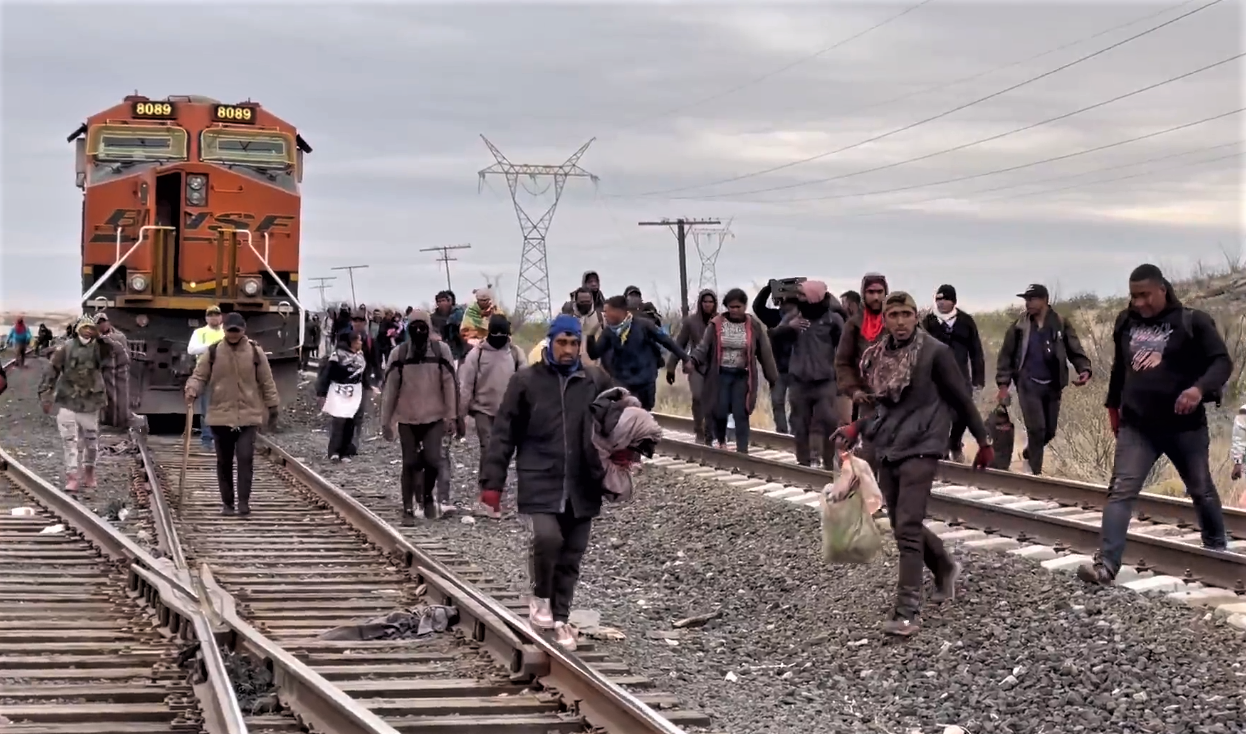In a controversial move, the Biden administration is reportedly loosening immigration restrictions in the final months of its tenure, prompting sharp criticism from conservatives and immigration enforcement advocates. These policy changes, which include expanding virtual check-in options for migrants, are seen by critics as attempts to complicate President-elect Donald Trump’s plans to reinstate stricter immigration policies once he takes office.
The most contentious policy involves a new Immigration and Customs Enforcement (ICE) app that allows illegal migrants to check in virtually rather than attending mandatory in-person appointments. Critics argue this change will make it harder to track migrants and enforce deportation orders, particularly for those who lie about their location. The move is part of a broader set of actions by the Biden administration to modify how immigration enforcement is carried out, a shift that many view as undermining border security efforts.
Criticism and Implications
The decision has sparked backlash from Republicans and conservative commentators, who argue that the Biden administration’s actions represent an attempt to cement more lenient immigration policies before leaving office. Critics point out that these policies could exacerbate existing issues at the southern border, including rising crime, drug trafficking, and strains on social services.
Homeland Security Secretary Alejandro Mayorkas has faced significant scrutiny over his management of immigration enforcement. Conservative lawmakers have accused him of prioritizing administrative leniency over national security, and calls for his impeachment during the Trump administration are widely expected.
The timing of these changes has also raised eyebrows, with many interpreting them as an effort to limit Trump’s ability to swiftly reverse Biden-era policies once he is sworn in. Legal experts note that procedural and administrative hurdles could slow the implementation of Trump’s promised stricter immigration measures, especially if Biden’s policies are deeply embedded in regulatory frameworks.
A Blow to Voter Expectations?
For many Americans who re-elected Donald Trump with the expectation of a return to strict border enforcement, these policy changes are being seen as an affront. Trump’s 2024 campaign prominently featured promises to reinstate tough immigration policies, including the completion of the border wall and the deportation of individuals who entered the country illegally. Biden’s recent moves are likely to further galvanize Trump’s base and intensify calls for immediate action once he assumes office.
What Happens Next?
As Trump prepares to take office in January, the battle over immigration policy is expected to take center stage. Republican lawmakers are already planning legislative and legal challenges to roll back the Biden administration’s changes. Meanwhile, the issue is poised to remain a flashpoint in the broader political debate over border security and immigration reform.
The Biden administration’s actions, while framed as reforms by its advocates, are likely to face strong resistance in the months ahead. Whether these changes will have a lasting impact or be swiftly overturned under Trump’s leadership remains to be seen.

